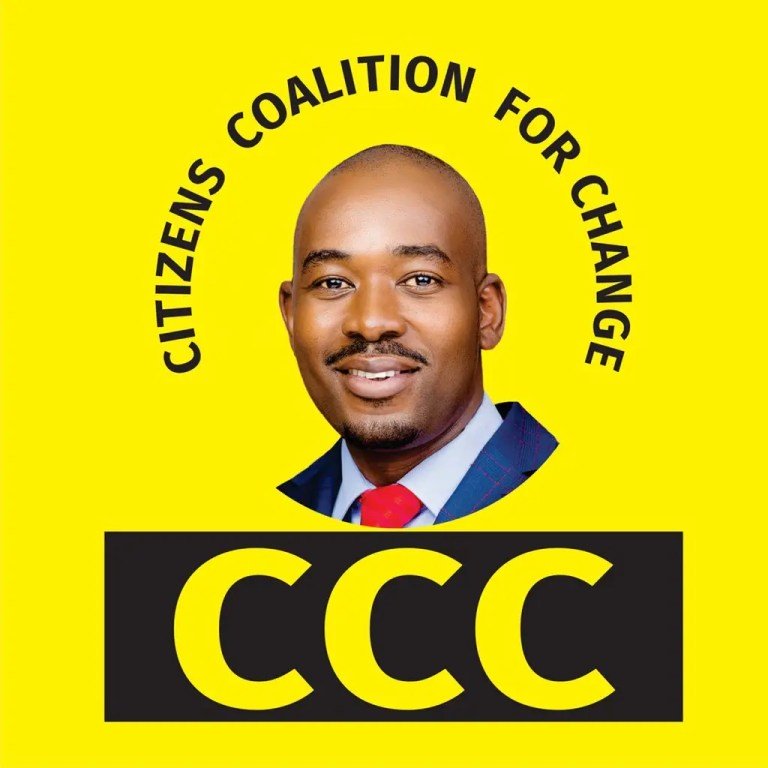Recalls: Courts in Zimbabwe cannot ignore the voice of the electorate

Chamisa to walk out of CCC without his face
The High Court completely lost its path and did not consider that in matters electoral, the voice of the electorate is sacrosanct, says recalled opposition Citizens Coalition for Change (CCC) MPs in their appeal submitted at the Supreme Court.
This is contained in the submissions made by 14 recalled CCC legislators in which they are claiming that the High Court judge Justice Munamato Mutevedzi erred in law by endorsing controversial politician Sengezo Tshabangu’s recall letters as valid.
Tshabangu is claiming that he is the interim CCC secretary general. But the party is dismissing him as an imposter.
Febion Munyaradzi Kufahakutizwi who became famous for defeating Zanu-PF’s Pedzai Sakupwanya in Mabvuku Tafara Constituency, and Pashor Sibanda who won against Finance Minister Mthuli Ncube in Cowdray Park are among the recalled lawmakers.
Through their lawyer, Thabani Mpofu, the affected MPs said their recall was tantamount to suppression of the voices of the electorate hence their appeal ought to succeed.
“It must, if at all, take exceptional circumstances for people’s political choices, constitutionally expressed through a process of adult universal suffrage, to be ignored by anyone, let alone the courts.
“Whilst it belongs to political actors to make and score political points against each other, a court of law must, when confronted with a matter, never lose the essence.
“Regrettably the court aquo completely lost its path and did not consider, that in matters electoral, the voice of the electorate is sacrosanct; that any perceived procedural inadequacies cannot trump the clearly expressed voice of the people, and that for a court of law, there is really no choice between sense and nonsense. A document which is completely dispositive of this matter and appears at record page 165 was not had regard to aquo. The appeal ought to succeed,” read the court documents.
The Supreme Court was further told that “it must take an unfortunate willing suspension of disbelief for anyone to claim, let alone conclude, that honourable members who took oaths of office representing a political party in September had, without being dismissed, renounced such oaths by the 4th of October.
“It would equally take a cruelty beyond comprehension for anyone to require the masses that queued up for 24 hours in August in order for them to cast their votes to queue up again in December for the same process.
“At a level that we must all accept; the law is meant to serve the people and meet their legitimate aspirations. The duty to state this is intrinsic in the authority granted the Supreme Court by the people of Zimbabwe. Much is given to this court; justifiably, from it. much is expected.”
The applicants also noted that, the first respondent (Tshabangu) did not show the process by which appellants had lost their membership.
“Apart from stating that they had ceased being members, which is itself a conclusion, he did not explain what that meant. Did they resign? Where they expelled? If so, when and by whom? Is that act of expulsion the act of the CCC party?
“If it is, where did that leave the communication of the uncontested leader of the same political party? Crucially, how could that be reconciled with the position taken in the statement at record page 1657,” further read the documents.
Tshabangu is the first respondent followed by Speaker of Parliament Jacob Mudenda and the Zimbabwe Electoral Commission respectively.
The matter is yet to be heard.
Tshabangu has since recalled 13 more CCC legislators including Amos Chibaya (Mkoba) and opposition deputy spokesperson Gift Ostallos Siziba (Pelandaba-Tshabalala).
By-elections to replace the 14 dismissed MPs will be held on the 9th of December.






